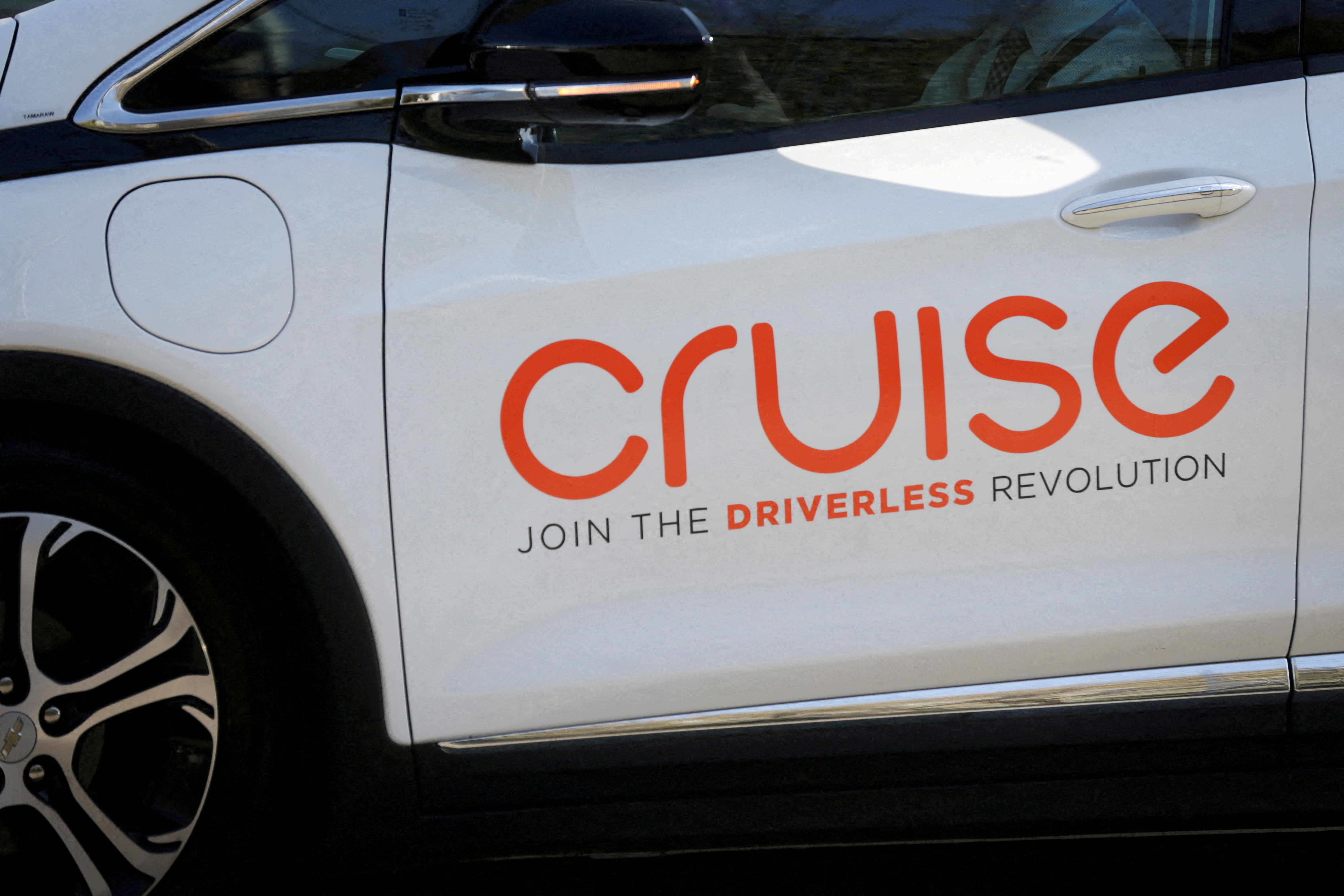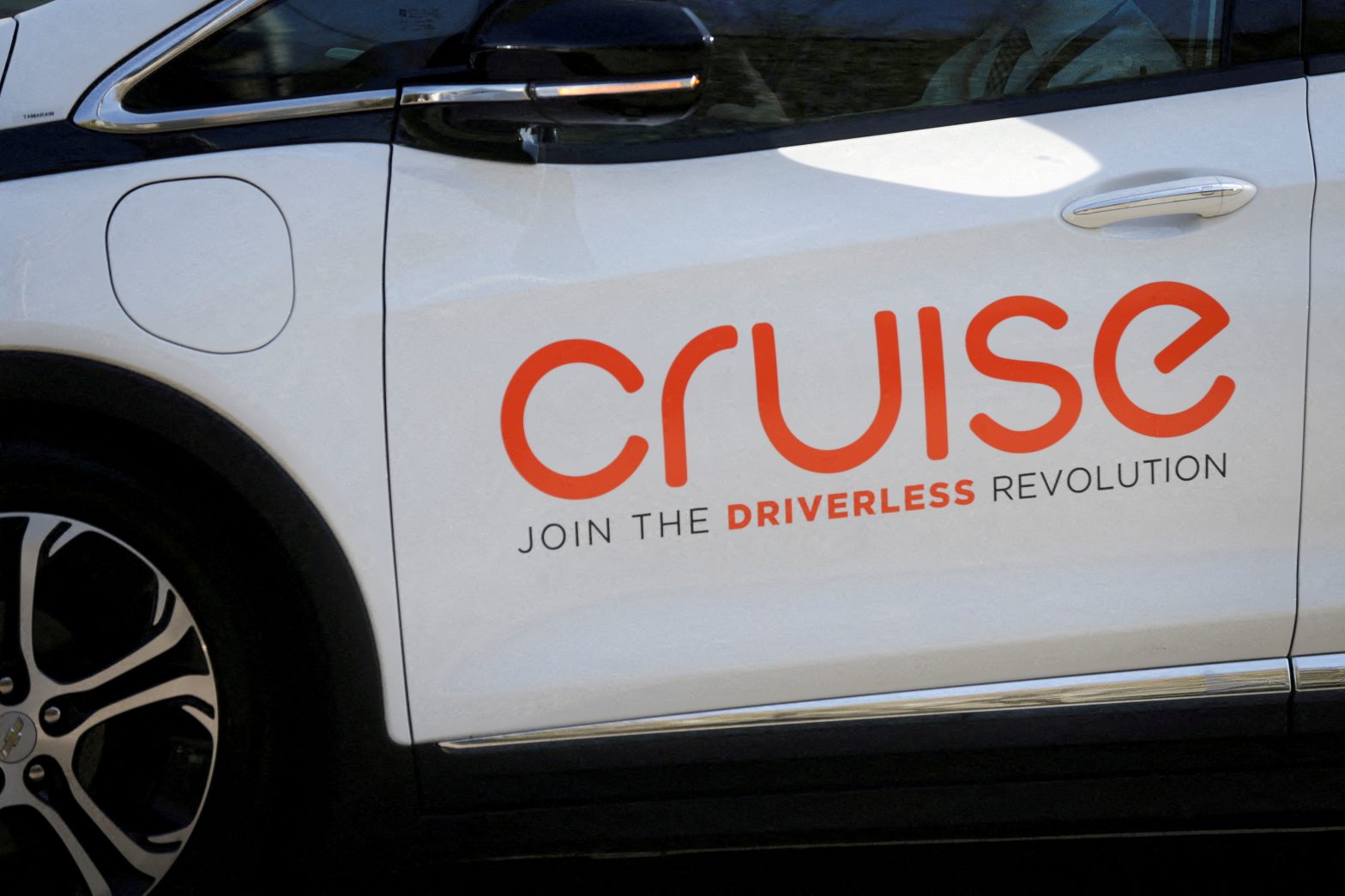
A self-driving GM Bolt EV is seen during a media event where Cruise, GM’s autonomous car unit, showed off its self-driving cars in San Francisco, California, U.S. November 28, 2017. REUTERS/Elijah Nouvelage/File Photo Acquire Licensing Rights
Nov 8 (Reuters) – Cruise is recalling 950 driverless cars from the roads across the United States and may withdraw more following an accident involving one of its robotaxis, General Motors’ (GM.N) self-driving unit and the U.S. auto regulator said on Wednesday.
The recall is because the collision detection subsystem of the Cruise Automated Driving Systems (ADS) software may improperly respond after a crash, according to a notice on the National Highway Traffic Safety Administration (NHTSA) website on Wednesday.
Last month, a pedestrian in San Francisco was struck by a hit-and-run driver and thrown into an adjacent lane and was hit a second time by a Cruise robotaxi that was not able to stop in time.
Cruise has deployed an over-the-air software update on all of its supervised test fleet vehicles, the NHTSA website showed. All affected driverless vehicles will also be repaired before returning to service, it said.
GM’s (GM.N) Cruise issued the voluntary recall based on a new analysis of its autonomous vehicle’s response to the accident and it could file for more recalls, the company said in a statement to Reuters last week.
“Today we have issued a voluntary recall of part of our AV software based on a new analysis of our AV’s post-collision response on October 2nd,” Cruise said.
Late last month, Cruise said it would suspend all operations nationwide after the California Department of Motor Vehicles ordered the robotaxi operator to remove its driverless cars from state roads.
Cruise is facing multiple federal investigations over the safety of its cars, including two incidents where the robot cars appeared not to yield to pedestrians in crosswalks.
Cruise – which has operations in Phoenix, Arizona; Houston, Austin and Dallas in Texas; and Miami, Florida – is in a race with Alphabet’s (GOOGL.O) Waymo unit and others to bring robot cars to the market.
Reporting by Abinaya Vijayaraghavan and Chandni Shah in Bengaluru; Editing by Anil D’Silva
Our Standards: The Thomson Reuters Trust Principles.
